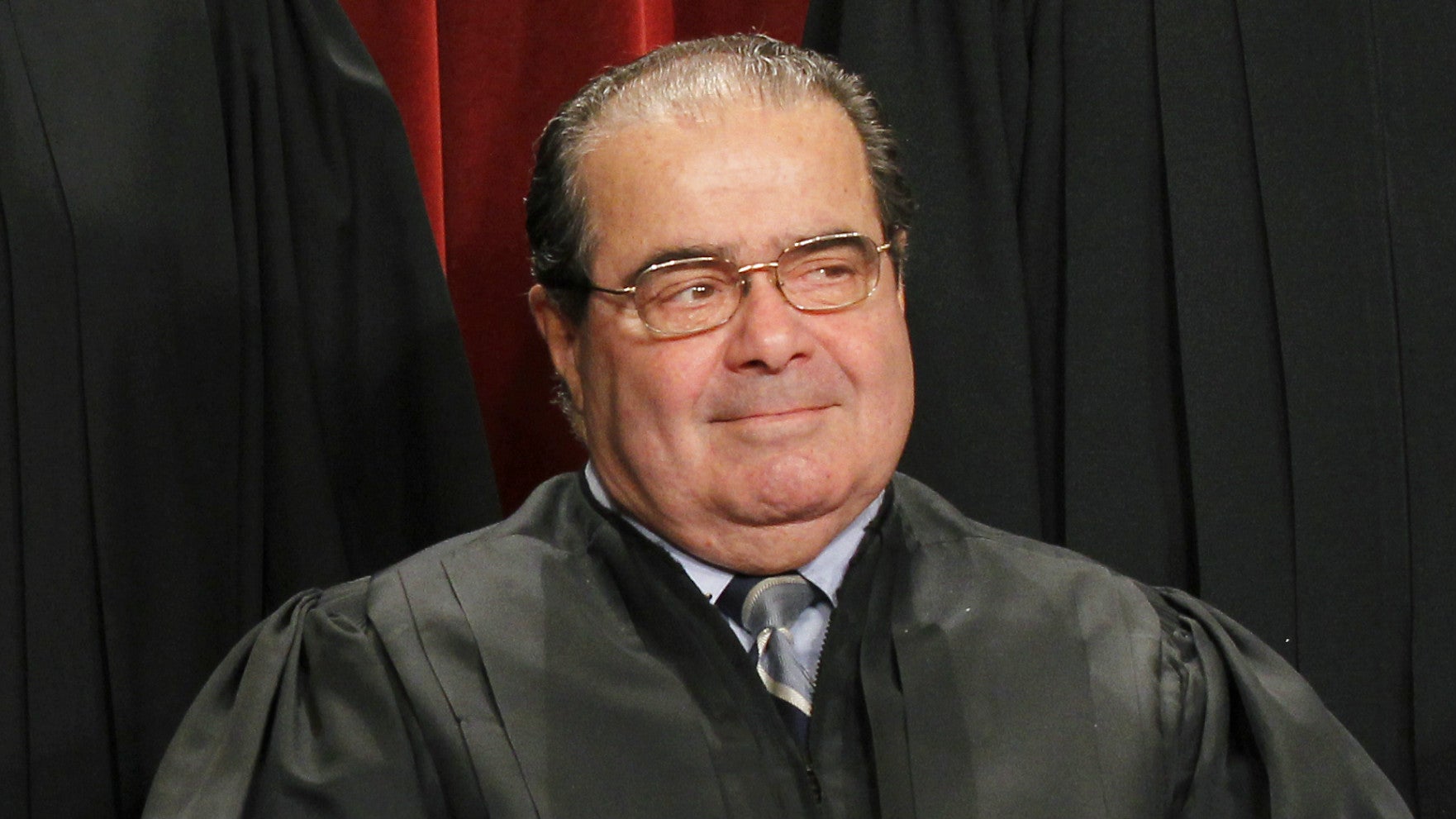Conservative US Supreme Court justice Antonin Scalia has died at age 79
US Supreme Court justice Antonin Scalia has died at age 79, reportedly of natural causes. Chief Justice John Roberts confirmed Scalia’s death, but did not disclose the cause of death.


US Supreme Court justice Antonin Scalia has died at age 79, reportedly of natural causes. Chief Justice John Roberts confirmed Scalia’s death, but did not disclose the cause of death.
Scalia attended a quail hunt at a ranch in Marfa, Texas on Friday and retired to his room after dinner, according to local broadcaster KVIA. His body was found on the morning of Saturday (Feb. 13).
The death of the leading conservative voice on the closely divided Supreme Court will send shockwaves across the US political landscape. Republicans will be eager to delay the nomination of a new justice until after president Barack Obama’s term ends in early 2017, when they hope to have their candidate installed at the White House.
Already, one prominent Republican senator’s aide tweeted that there was “less than zero” chance Obama will be able to appoint Scalia’s successor.
Scalia’s passing is also sure to influence the US presidential race, as Republican candidates vie to maintain the court’s existing balance, which is narrowly tilted to the right, and Democrats weigh in with their own views on who should replace him. Republican candidate Ted Cruz has already issued a statement saying that Obama’s successor should be the one to nominate Scalia’s replacement.
The Supreme Court is due to hear its first major abortion case in almost a decade, and landmark cases on immigration, climate change, voting rights, and affirmative action are also on the docket. Under the US constitution, the court can hear cases as long as a quorum consisting of six of the nine justices is present. Historically, major cases have been delayed until a deceased justice can be replaced.
“Justice Antonin Scalia was a man of God, a patriot, and an unwavering defender of the written Constitution and the Rule of Law,” Texas governor Greg Abbott said in a statement following the justice’s death.
Scalia, who was the longest-serving current justice, was nominated by Ronald Reagan in 1986. In an interview with New York Magazine in 2013, Scalia showed he was already conscious of his legacy, specifically on contentious social issues like gay marriage and abortion:
You know, for all I know, 50 years from now I may be the Justice Sutherland of the late-twentieth and early-21st century, who’s regarded as: “He was on the losing side of everything, an old fogey, the old view.” And I don’t care. … When I’m dead and gone, I’ll either be sublimely happy or terribly unhappy.